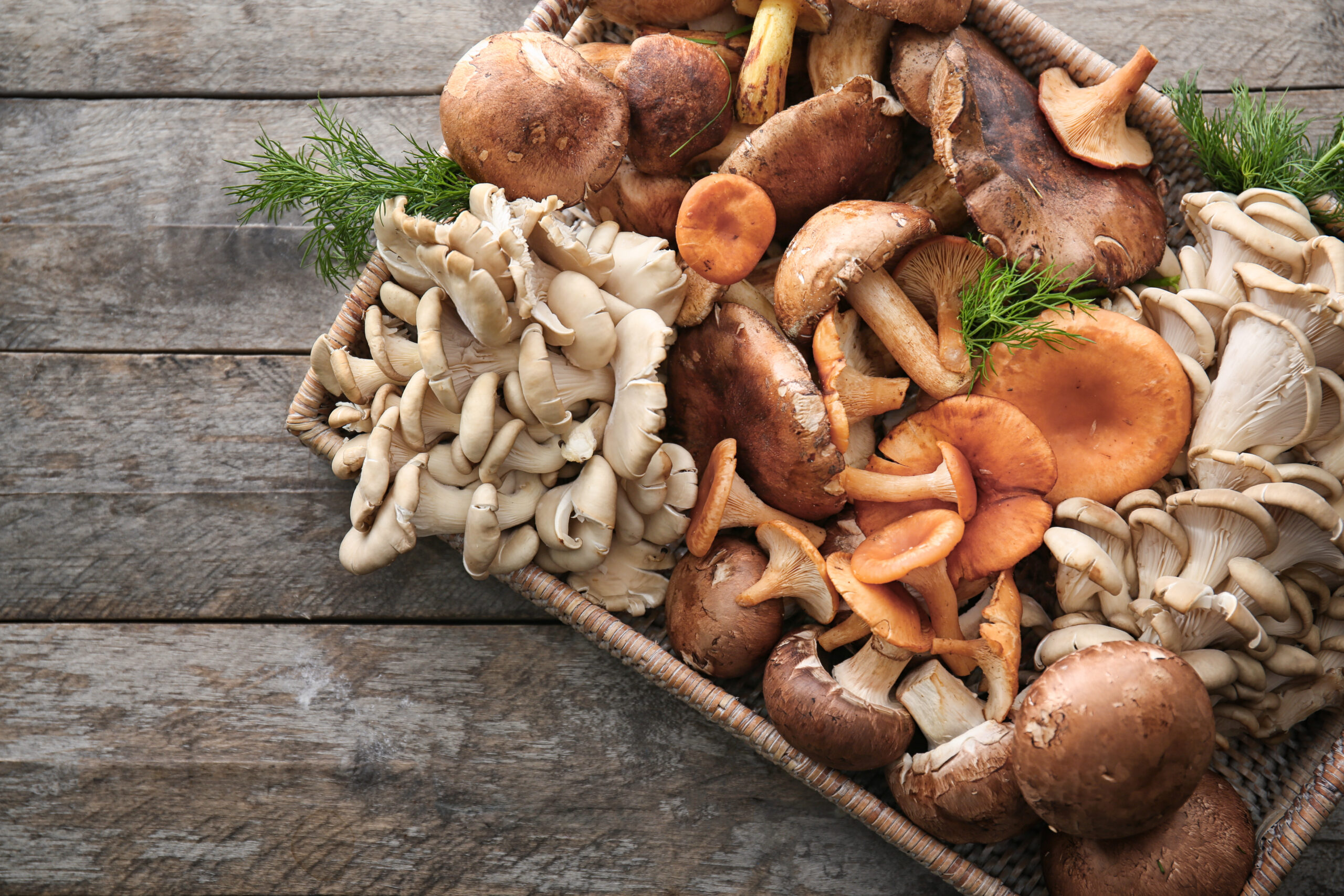Discover how mushrooms are transforming from ancient remedies to the cornerstone of modern wellness.
Story Snapshot
- Mushrooms are gaining renewed attention due to their health benefits.
- They have been used in rituals and medicine for over 13,000 years.
- Modern science is validating traditional uses, sparking a wellness revolution.
- Products range from dietary supplements to skincare, driven by consumer demand.
The Ancient Roots of Mushroom Use
Mushrooms have played a significant role in human culture for millennia. Evidence exists of their consumption over 13,000 years ago, spanning diverse cultures from ancient China to Mesoamerica. Mushrooms were not only food but also integral in spiritual and medicinal practices. In Mesoamerica, psychedelic mushrooms were part of religious ceremonies, a tradition captured in 16th-century records. Across the globe, ancient societies recognized the unique properties of these fungi long before modern science began to explore their potential.
Despite their early importance, it wasn’t until the Industrial Revolution in the 18th and 19th centuries that mushrooms became commercially viable. This period marked the beginning of widespread cultivation, enabling broader access and experimentation. Fast forward to the 20th century, when scientific breakthroughs such as the discovery of penicillin and the isolation of lentinan validated the medicinal potential of mushrooms, propelling them into the scientific spotlight.
The Modern Mushroom Renaissance
In the 21st century, mushrooms are experiencing a renaissance in the wellness industry. This resurgence is driven by both ancient wisdom and contemporary scientific research. Mushrooms are now common in various wellness products, including dietary supplements, functional foods, and skincare. Brands like RYZE and Four Sigmatic have capitalized on this trend, offering mushroom-infused products that promise adaptogenic and immune-supporting benefits.
The acceptance of mushrooms in mainstream wellness culture is also influenced by the growing interest in natural and functional ingredients. Modern consumers, keen on holistic health, are turning to mushrooms for their potential to enhance immunity, reduce stress, and even improve mental health. With ongoing clinical trials investigating the therapeutic effects of psilocybin, a compound found in psychedelic mushrooms, the potential applications of mushrooms continue to expand.
Science and Tradition: A Powerful Combination
Scientific research is validating many traditional uses of mushrooms, bridging the gap between ancient rituals and modern wellness. Compounds like beta-glucans and triterpenes found in various mushrooms have been shown to modulate the immune system and support overall health. This scientific backing is crucial for the integration of mushrooms into contemporary health regimes.
However, not all claims are fully substantiated, highlighting the need for rigorous research and clinical trials. The promise of mushrooms as a natural remedy is vast, but experts caution against overhyping benefits without sufficient evidence. This balance between enthusiasm and evidence is crucial as mushrooms continue to shape the wellness landscape.
The Future of Mushrooms in Wellness
As mushrooms gain popularity, the implications for health and wellness are profound. In the short term, consumers have increased access to mushroom-based products, while the long-term potential includes shifts in healthcare, food systems, and beauty industries. The integration of mushrooms into mental health treatments, such as psychedelic therapy, could revolutionize current paradigms.
The economic impact is equally significant, with growth expected in the supplement, food, and cosmetic sectors. As attitudes toward fungi continue to evolve, the normalization of psychedelics in therapy may become a reality. Politically, debates over the legalization and regulation of psychedelic mushrooms are intensifying, reflecting their growing importance in society.
Sources:








